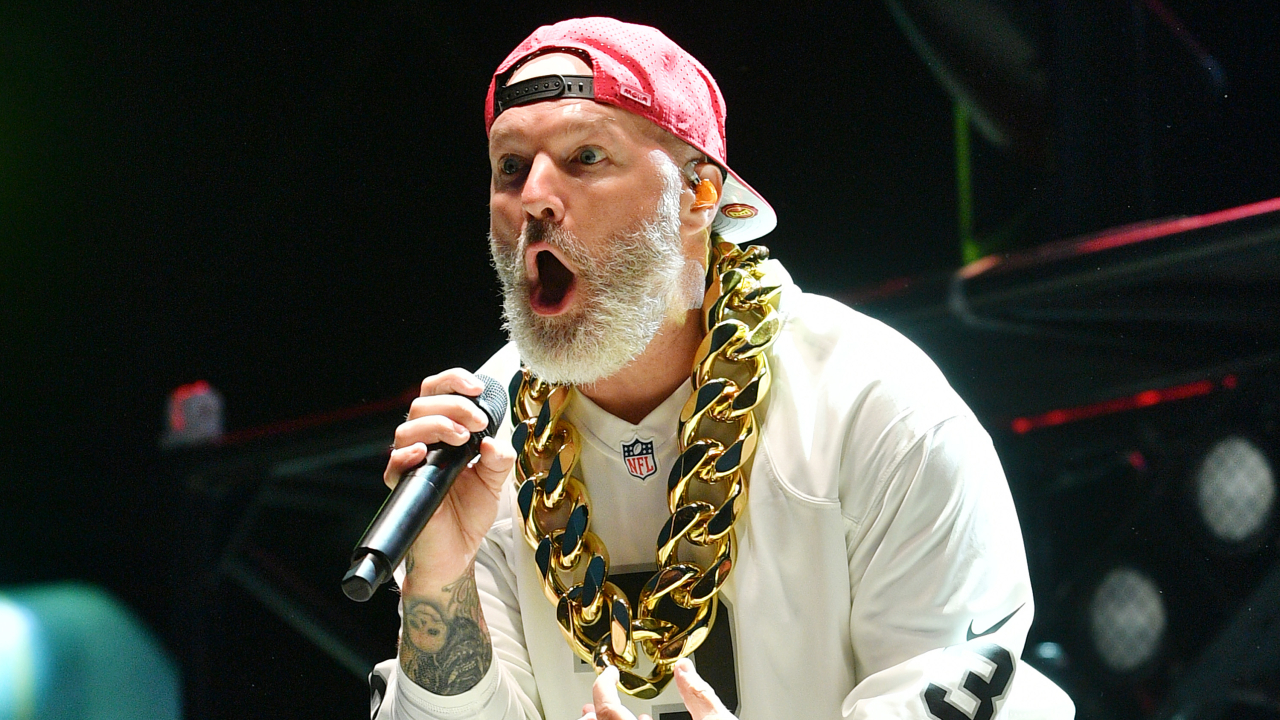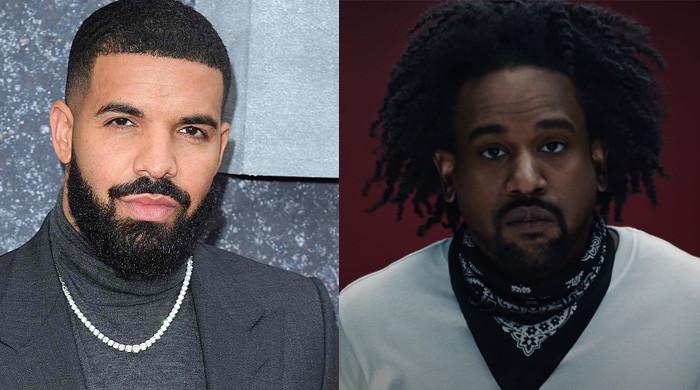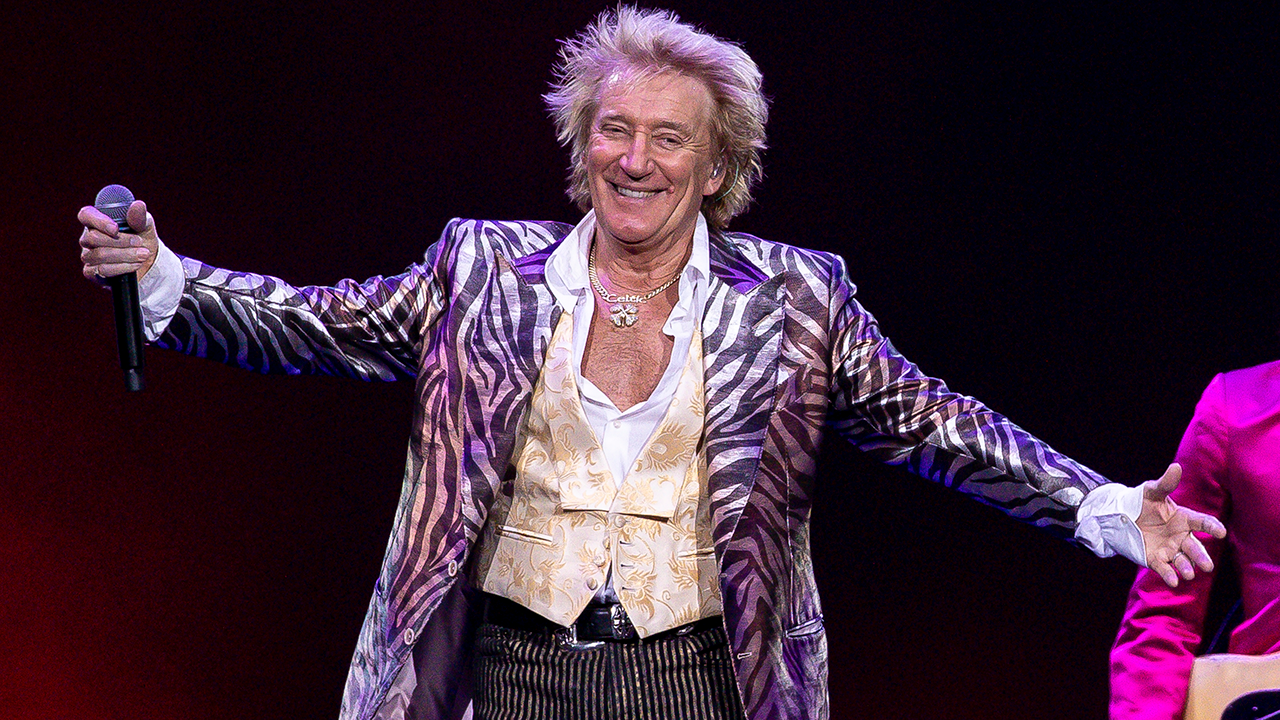Butlers at the finest homes used to deliver them on a silver tray to their lords and ladies who would pronounce on their merits with a sniffy nod or a curt kiss-off. The calling card was, by societal whim, the only way past the transom for chancers seeking “face time” when it still meant that. It was a simple notice of intention, status and credentials, a must-have accessory for everyone from the travelling salesman to the shopworn private detective — think of Raymond Chandler’s PI Philip Marlowe “calling on four million dollars” at the Sternwood mansion.
Alongside the Rolodex, the fax machine and the attaché case, the calling (or business), card became a small paper acknowledgment that the aspiring executive was edging closer to the corner office. But as physical wallets and purses give way to apps and QR codes, a poll in the U.K.
has suggested its days are numbered, or certainly dog-eared. An Ipsos survey conducted earlier this year revealed a steep fall-off in their use, with more than half of those surveyed reporting they had given up using them since the beginning of the pandemic, which discouraged handshakes and the handling of germ-ridden bits of paper. Unsurprisingly, younger generations were even less likely to pack bits of cardboard embossed with their name and number; the data revealed fewer than 15 per cent of those under 34 have ever announced their arrival with one.
Of those who have previously doled them out, more than half (52 per cent), said the.


















